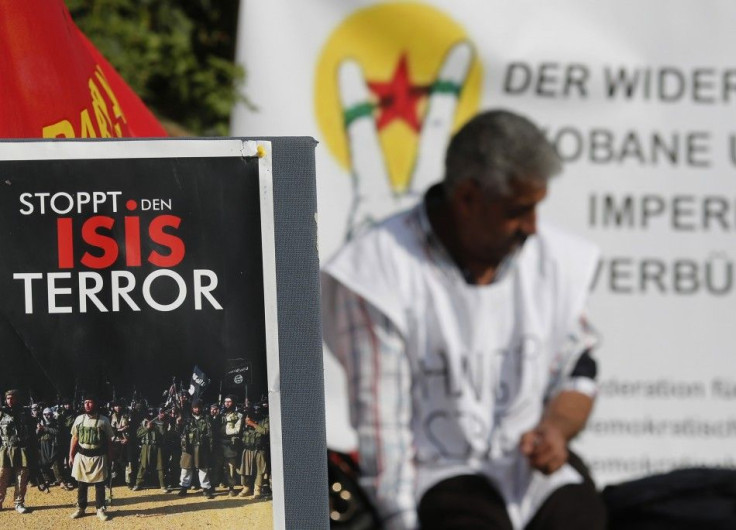Severe inequality in the Middle East led to the rise of ISIS, says French economist

Even as the world is getting appalled by terror attacks and global powers including the US and Russia are hitting the Islamic State group (ISIS) in Syria and Iraq, a leading French economist, Thomas Piketty, has offered a benign economic rationale on what keeps ISIS going and how it emerged.
According to the economist, massive inequality in the Middle East is the main reason behind the rise of ISIS. But his theory has been spurned by many American economists.
Peasants’ revolt
Writing an op-ed in the French newspaper Le Monde, Piketty said ISIS terrorism is an extreme version of peasants' revolt. The economist highlighted the alleged gross inequity in the Middle East with oil money being concentrated in the hands of a few rich people in a few wealthy countries, reports CNN.
The economist noted the glaring disparity of oil monarchies keeping 70 percent of the wealth though they are only just 10 percent of the total Middle East population. “Such unequal development models can only lead to catastrophe. To support them in any way is criminal,” Piketty wrote.
Blaming the West for making Middle East the “most unequal [region] in the world,” Piketty said the inequity has only widened after the first Iraq war for liberating Kuwait in 1990.
“One thing is obvious: Terrorism thrives on the inequality in the Middle East which is a powder keg we have largely contributed to creating,” Piketty observed.
The economist is famous for his 2013 best seller that studied inequality in the US and Europe. The book-- "Capital in the Twenty-First Century," had looked at issues in concentration of wealth and its skewed distribution in the past 250 years.
Flawed theory
But Piketty's ISIS argument was dismissed by many critics, who called it a flawed perspective. “There's just no evidence of what he's saying," noted Doug Holtz-Eakin, president of the American Action Forum. He said terrorism has nothing to do with rich or poor tags and pointed out the example of Osama bin Laden, who was a hugely rich Saudi national and his second-in-command Ayman al-Zawahiri, a doctor.
Princeton economist Alan Krueger who wrote “What Makes a Terrorist: Economics and the Roots of Terrorism” said both rich and poor are equally driven to terrorist events.
David Kotok, chief investment officer at Cumberland Market Advisors, also punched Pikett’s argument and said despite the big gap between the rich and poor in Indonesia, Malaysia and India, where substantial Muslim population resides, they were not overrun by radical Islamists.
ISIS oil money
Meanwhile, the allegation of Russia that Turkey has secret oil business with Islamic State has brought the lime light back to the oil business run by ISIS. According to reports, ISIS makes an average $50 million (AU$68 million) a month by selling crude from its oilfields in Iraq and Syria.
At the first point of sale, ISIS sells the crude to smugglers at throw away prices, sometimes $35 per barrel or even $10 a barrel, when the actual market price is an average $50 per barrel. This was disclosed by Iraqi intelligence officials, according to an AP report .
Later the smugglers would sell the crude to middlemen in Turkey. It is estimated that ISIS extracts an average 30,000 barrels a day from Syria and smuggles them to neighboring Turkey. It produces 10,000-20,000 barrels in Iraqi oilfields outside Mosul and Ibrahim Bahr al-Olum, the report said.
For feedback/comments, contact the writer at feedback@ibtimes.com.au or let us know what you think below.





















